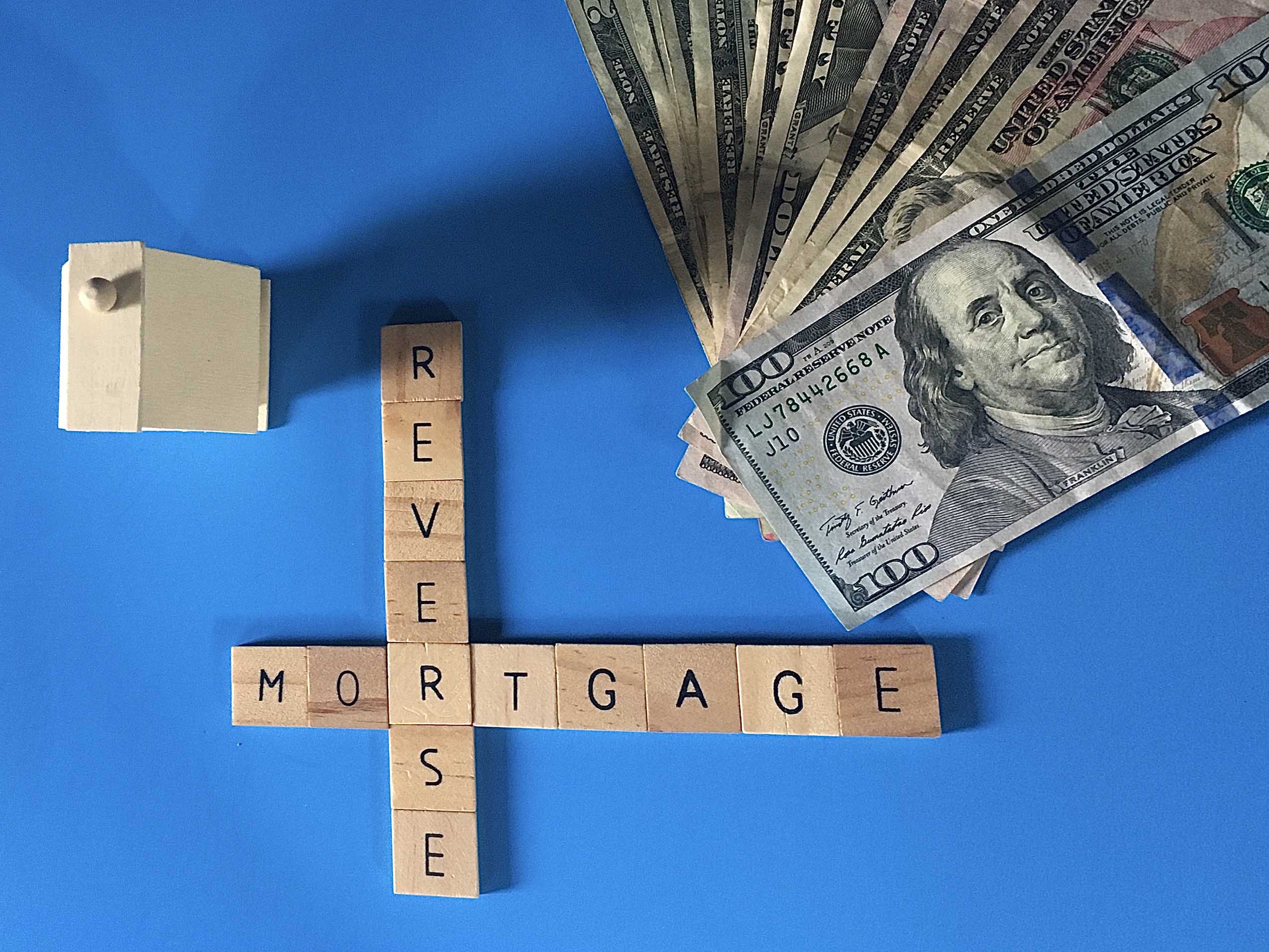You Get Back More Than You Spend on Major Renovations
In fact, surveys show that sellers rarely get back more than 75-80% of the cost of significant upgrades. If the upgrades are too specific in style and have compromised the quality, it can return much less, if anything at all. However, carefully selected minor improvements can easily return more than two to three times the investment.
However, carefully selected minor improvements in preparation for marketing can easily return more than two to three times the investment as well as shorten the time it will take to sell. A local real estate professional who has sold dozens of similar homes can provide guidance for the most cost-effective changes.
Setting Your Home’s List Price 10% Higher Than It is Worth is a Good Strategy Because It Gives Room for Negotiating
If a home is listed too high and remains on the market for some time, it may be perceived as “stale” after a while, and buyers will tend to offer far less. There are some pricing guidelines that can minimize that risk, and still allow for room to negotiate.
You Have Nice Furniture So There is No Need to Stage Your Home
In fact, a skilled stager creates an “environment” that helps to evoke a more emotional and positive appeal for buyers, especially the type of feeling that most buyers have now come to expect when viewing a home. Sometimes the placement of various furnishings or the combination of accessories can make a significant difference in how the home feels even if those changes are quite small or subtle.
You Can Save Money by Selling Your Home Yourself
Of course, an owner can sell their own home and thus not need to pay a listing agent. However, most such sales are done by agents working with buyers, and they will still receive a commission. As buyer’s agents, their primary fiduciary responsibility is to the buyer, which most likely could disadvantage you as a seller in the negotiating process. Also, if you do sell it directly to a buyer, they may expect a 5-6% discount because you do not have an agent representing you.
There are also several potential risks of selling a home without an agent, due to today’s complex selling details. Numerous disclosures must be properly completed, various ordinances complied with, and comparable sales data prepared for appraisers.
All Real Estate Agents Are Basically the Same and Provide Similar Services
In fact, there are significant differences between various real estate agents even in the same office or community. For example, all agents will provide basic marketing such as putting the listing in the MLS, posting a sign, and scheduling an open house for agents to preview the property. Most will also host an open house for the public and their company will provide at least a couple of local newspaper ads.
However, some agents provide a much more vigorous plan of action to help give your property maximum exposure in print and online, and a few are willing to provide continuous and broad marketing of the listing for as many weeks or months as it might take to get it sold.
Other major differences can impact your sale in the negotiation and escrow management phases. Some agents will have far greater expertise in negotiations and in finding creative solutions to issues that may arise. They may be more on top of the little details that must be properly handled in order to complete the escrow, so you are not one of the sellers who have the emotional experience of an escrow falling out. That fall-out rate today is between 20-25% in most areas.
The differences between agents can have a significant impact on the negotiation and escrow phases, especially now that the market is no longer a strong “seller’s market.”
For example, agents who have far greater expertise in negotiations will often attain 1-4% higher prices for their clients that can offset a significant amount of the transaction fees the seller will have. Also, agents who have handled dozens of sales will likely be more resourceful in helping resolve issues that arise during escrow, and thus better skilled in keeping your escrow from falling apart entirely as this happens 20-25% of the time.
This is a Strong “Seller’s Market” and Prices are Increasing in All Areas
When it comes time to list your home, you’ll need to separate fact from fiction. Contrary to some news reports that claim continual increases in home values, many areas are showing signs of a market that favors buyers. Even where higher prices have recently shown as compared with this time last year, the rate of increase has slowed substantially, and in fact, looks to be flat already in some neighborhoods.
Because real estate values are now very geographically neighborhood-specific, the strength of the market can vary greatly depending on the price range and the “absorption rate.” This is the relationship between the number of sales vs the available inventory at that time in that neighborhood. The Palisades alone has a dozen different neighborhoods.





